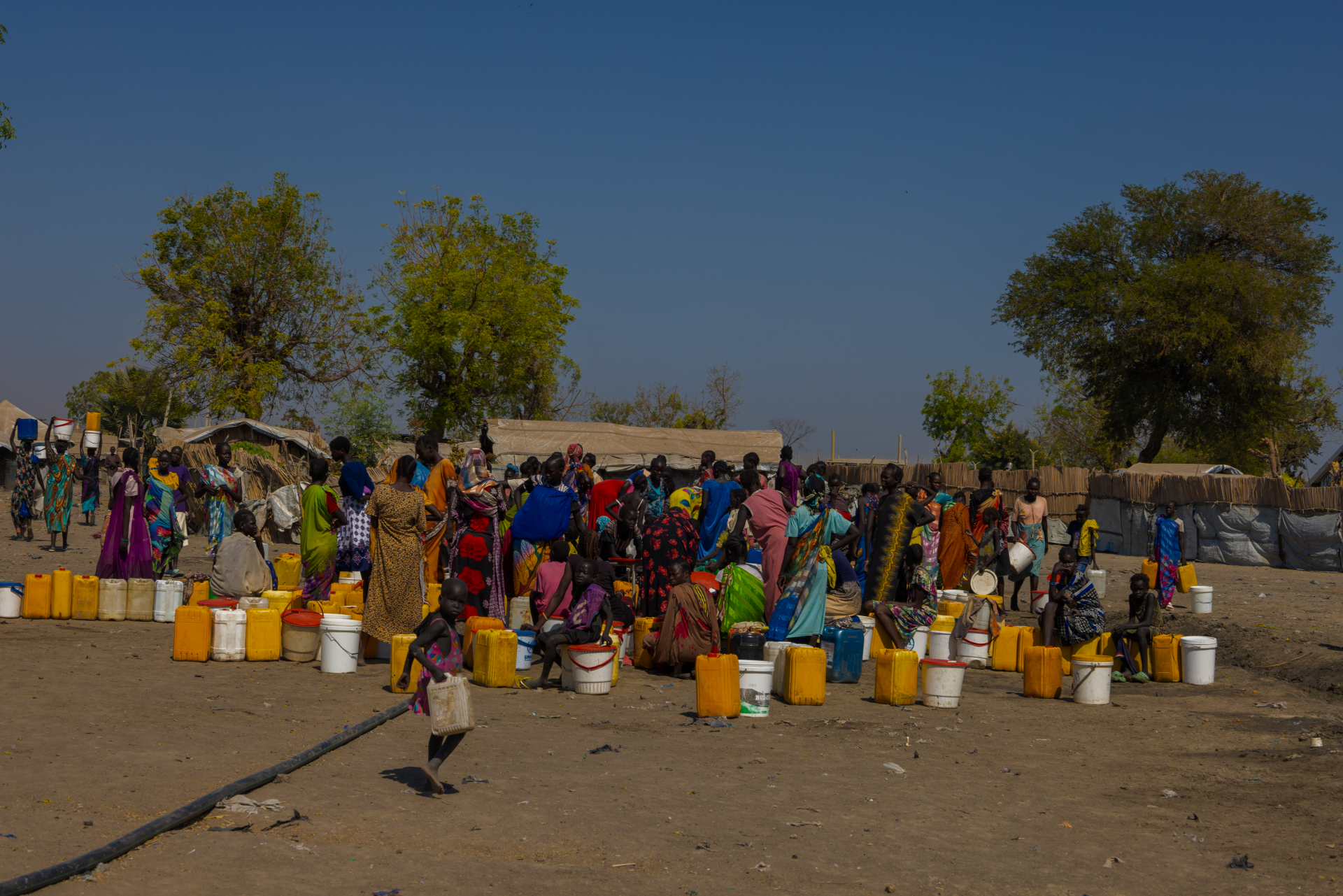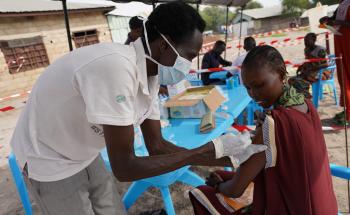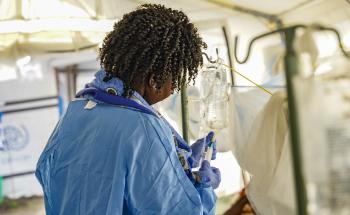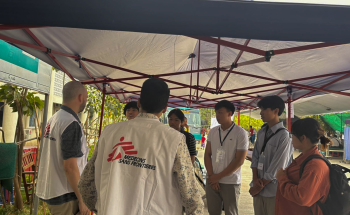There is something very unusual about the cholera outbreak in South Sudan, and that is the speed at which the disease has spread across the country. Back in October, when the outbreak was first declared, everything was localised in Renk up in the north near the border with Sudan.
In a normal outbreak, it would be contained there – maybe spreading to one or two other areas before being brought under control. But over the next three months, it spread to seven of the 10 states in South Sudan, as well as to the Ruweng Administrative Area, at an alarming rate. The initial confirmed cases were among refugees fleeing the war in Sudan. After a concerted effort, we are finally beginning to see a reduction in the number of cases in Sudan, but in South Sudan, we are still on high alert.
To date, there have been 24,418 cases and 475 deaths. We have been supporting the Ministry of Health with the cholera response, setting up a total of 388 beds in cholera treatment centres across five of the affected states and vaccinating over 200,000 people at risk.
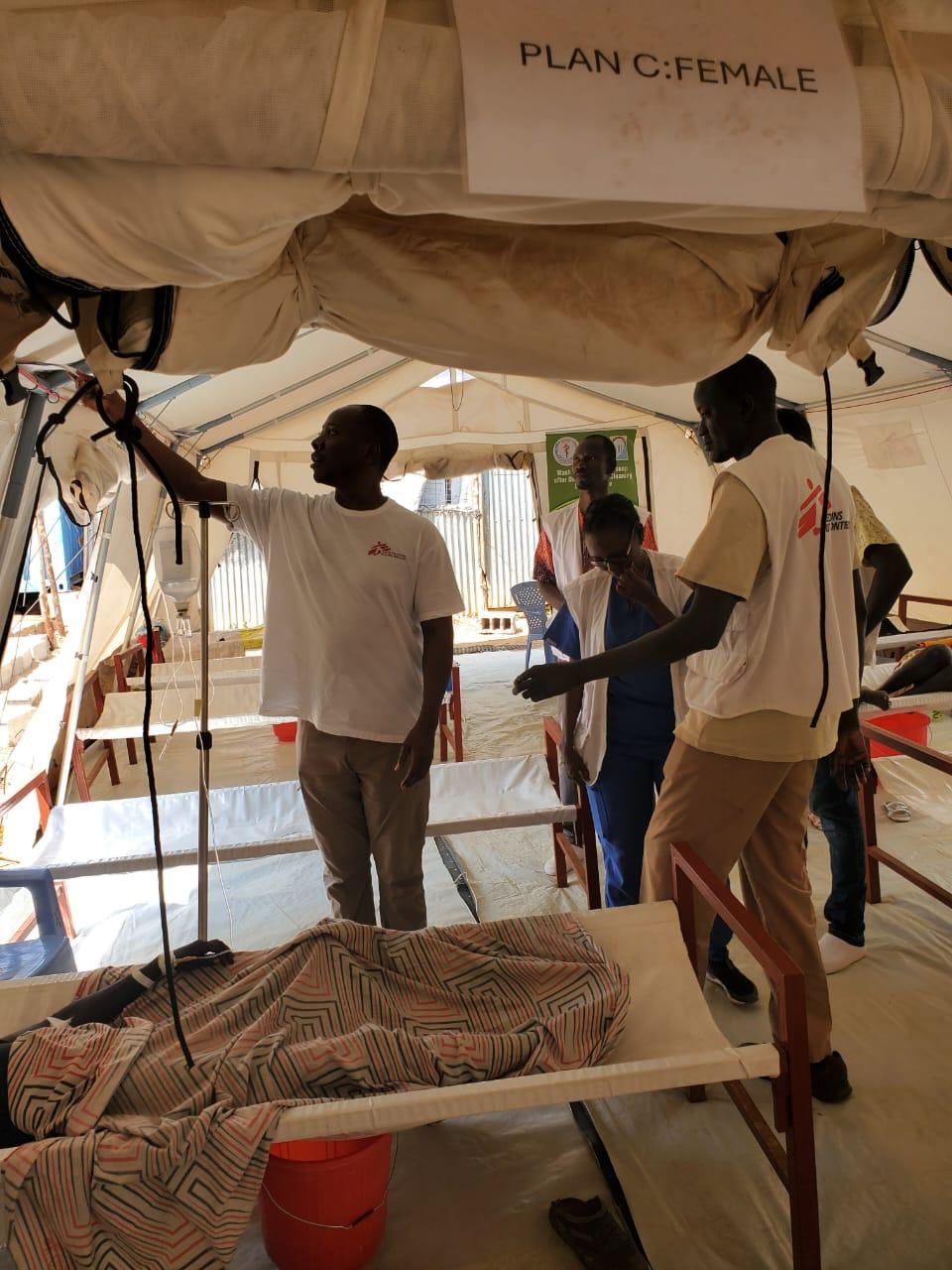
The outbreak has laid bare the fragility of South Sudan’s health care system, and although there are many factors that have contributed to the gravity of the situation, one of the most significant is the impact of the funding cuts that began to hit the country in 2022.
Access to basic health care was already limited even back then, but the situation further deteriorated when hundreds of health clinics and even the state hospitals began to lose funding. Although a new funding mechanism was implemented last year, staff across the country went unpaid for months, supplies ran out, and stocks were not replenished. Additionally, none of the health facilities that closed in 2022 have been reopened.
With this weak health system as the foundation, it has been very challenging to respond to cholera. In Renk, far too little was being done to support people even before the first cases were detected. Although a humanitarian response was mobilised to support refugees and returnees in 2023, it was nowhere near strong enough, and the cholera outbreak has further weakened it – and highlighted the glaring gaps.
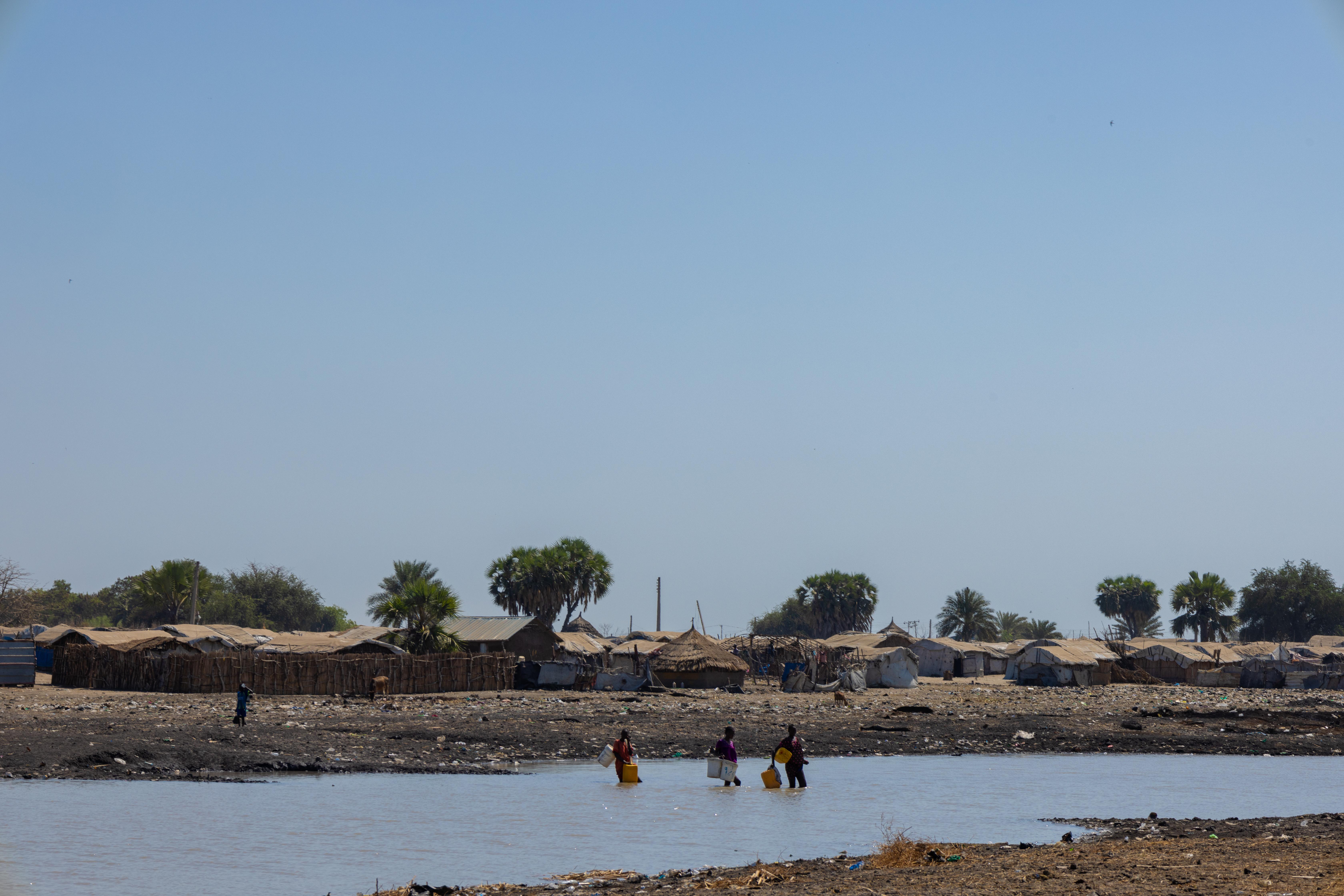
In Renk, people are living in horrific conditions where contaminated water sources, open defecation and overcrowding have made it easy for the disease to spread within the community. On top of that, the constant flow of people coming into this squalid environment and then swiftly moving to other parts of South Sudan, is the driving factor behind its rapid spread across the country. We saw it go from Renk to Malakal to Bentiu to Juba in just a matter of days, and although it is being brought under control in these areas now, we are very worried that it will soon emerge in a new location.
To curtail the outbreak, preventative action is needed. In terms of the overall response so far, it has been very reactionary. Efforts have been put into treating those already suffering from the disease, and vaccinations have begun, but we need to identify where the next hotspots will be so that we can vaccinate people before the disease reaches them. Of course, it helps to vaccinate people where the disease is already present, but the response needs to try to get ahead of the spread.
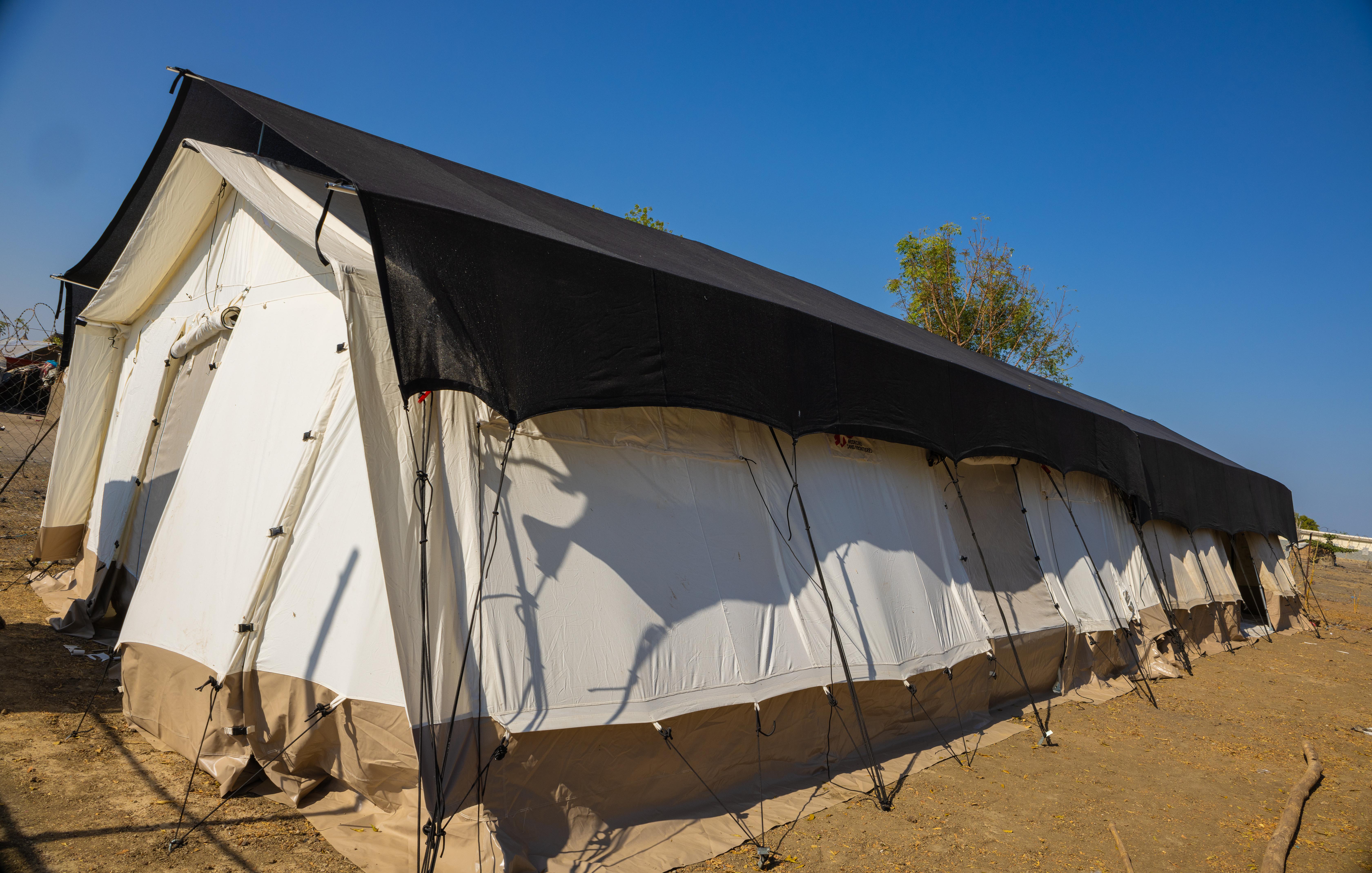
We suspect that the informal settlements around Juba could be where it hits next, and this is why we have vaccinated people in Rejaf and Don Bosco - two slums surrounding the capital. We’ll also distribute aquatabs so that people can purify the dirty water. But that’s not enough on its own.
People need proper services in these areas in the long term – clean water sources, proper waste management and adequate health care. Work in this regard has indeed begun in the worst-hit areas, so we’re seeing a stabilisation of cholera cases at the moment, but we are not yet out of the woods. We remain worried about the mobility of the disease – it could easily pop up anywhere, which is why preventative action is vital.
Overall, although the outbreak is now getting under control, even when it is over, it will only be a matter of time before another disease outbreak occurs – and when it does, unless action is taken to strengthen and properly fund the fragile health care system, we will see this scramble to respond being repeated time and time again.
